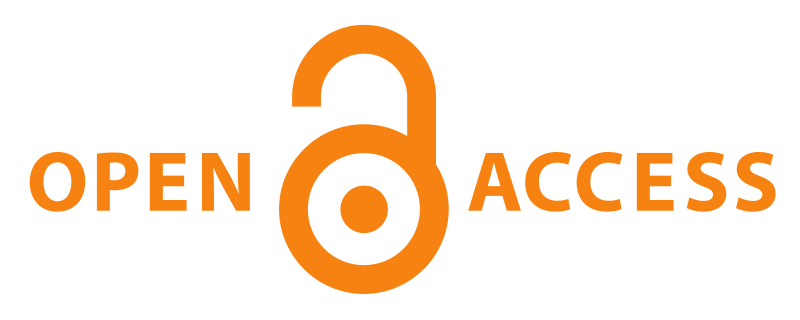Arterial Hypertension and Risk of Mortality in Patients with COVID-19 Infection
(Review article)
Abstract
COVID-19 is currently a major global health concern. Among many unanswered questions related to COVID-19, some of the most debated ones are those concerning arterial hypertension. Arterial hypertension is a major risk factor for mortality worldwide and its importance has been emphasised even further in light of COVID-19. The most common antihypertensive drugs are ACE inhibitors and angiotensin II type-I receptor blockers. SARS-CoV-2 utilises the angiotensin-converting enzyme-2 (ACE2) for cell entry and therefore has a direct effect on the renin–angiotensin system (RAS). In terms of arterial hypertension and COVID-19, there are three main issues which have been the focus of extensive debates. First, is arterial hypertension a predisposing factor for COVID-19 infection? Second, does arterial hypertension affect the severity of COVID-19 infection and increase the risk of all-cause and cardiovascular mortality? And finally, how important is the interaction of COVID-19 infection and the renin–angiotensin system for clinical outcomes? Is RAS blockade beneficial or harmful? The aim of this brief review was to provide substantiated answers to these questions.




